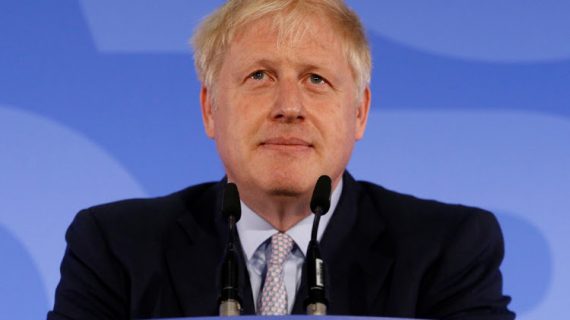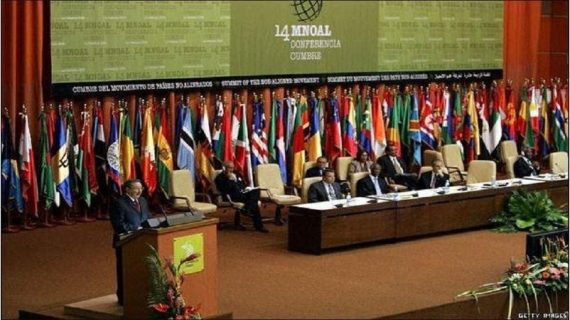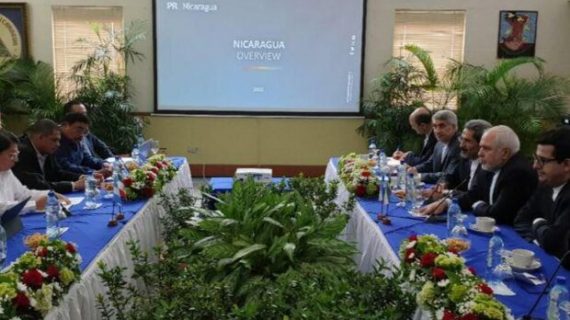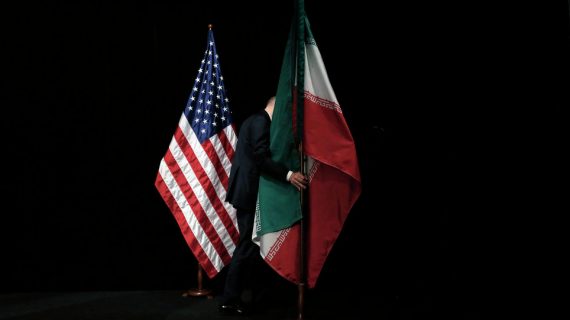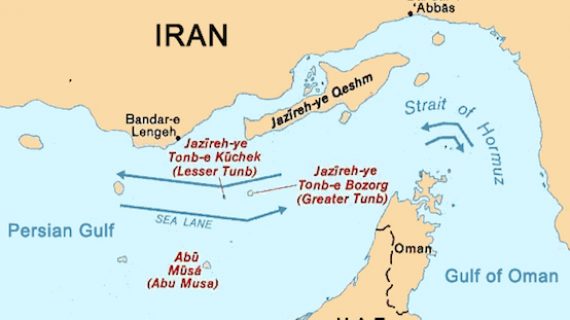US’ JCPOA Pullout Does Not Bode Ill for Iran Economy
Reported by HPMM Group according to FINANCIAL TRIBUNE ;The United States’ pullout from the Joint Comprehensive Plan of Action, as the Iran deal is formally known, does not seem to be a matter of big concern for the most cited Iranian economist in the world, Mohammad Hashem Pesaran.
He believes the withdrawal from the 2015 agreement announced by US President Donald Trump earlier this month is better than his questioning the existence of the agreement every three months over the past one and a half years and consequently fanning the flames of economic and forex market uncertainty in Iran.
“Lack of confidence in the economic situation and the unpredictability of the rules of foreign trade and currency transfer have placed great pressure on Iran’s economy and left adverse effects on the country’s growth and employment. This volatile situation is expected to last for at least three months until the Europeans, Russia and China design a new system of financial transactions to protect Iran’s interests,” he told the Persian daily Hamshahri.
“Given the dominant role of the US in global trade and the dollar’s status as an international reserve currency, it would be extremely difficult to create a new economic system that won’t be affected by US secondary sanctions. But I believe the withdrawal of the US has set the stage for the establishment of an economic corridor, independent of the US. Efforts invested by Iran, the Europeans, China, Russia and other regional countries would increase the system’s chances of success.”
> Ending US Economic Hegemony
The go-it-alone approach employed by Trump’s administration in different areas, including its rejection of international agreements (Paris Agreement, the North American Free Trade Agreement, or the Trans-Pacific Partnership) will undercut the country’s economic hegemony and consequently create a favorable situation for Iran, the economics professor of Cambridge University added.
Pesaran’s remarks echo French Finance Minister Bruno Le Maire’s Sunday comments when he said: “Are we going to allow the United States to be the economic policeman of the world? The answer is no.”
The minister said France is looking to see if the European Union could compensate European companies that might be facing sanctions by the United States for doing business with Iran.
Referring to EU rules dating back to 1996 which he said could allow the EU to intervene in this manner to protect European companies against any US sanctions, he added that France wanted the EU to toughen its stance in this area.
Pesaran warned against formulating all economic, foreign currency policies based on a new “JCPOA minus the US”, and said the Iranian government needs to adopt policies that would make its economy immune to external shocks.
> Time for Contemplation
The nuclear deal was of great importance but expectations were higher about what it could actually deliver. It could not resolve our domestic problems. We need to bear in mind that the US government has always been hostile toward Iran since the inception of the Islamic Revolution and JCPOA could not be expected to settle all the disagreement between Iran and the US, the economist said.
Pesaran added that the Iranian government needs to keep JCPOA alive.
“The US exit from the deal could benefit Iran and pave the way for better partnership with the international community. Iran needs to stay in JCPOA and forge trade relations with countries other than the US,” he said.
He stressed that more attention needs to be focused on management and economy at home rather than abroad.
“Reforming the banking system should be of top priority. New forex policies adopted by the Central Bank of Iran are a positive step in that direction, but they need to be more flexible. In the long run, policies need to be aimed at unifying foreign exchange rates by setting real exchange rates,” he said.
“The banking system must not become a contributing factor to speculative businesses by setting interest rates higher than inflation rates. On top of that, the US secondary sanctions would largely hit banks and major international companies, so the private sector should be encouraged to play a bigger role in the economy, particularly in the areas of light industries, services and tourism.”
The Iranian government decided to unify the dollar’s exchange rate at 42,000 rials in the wake of a sharp slide in the value of rial since September.
As per the new measures, the US dollar for all purposes, including imports, travel, overseas students and research projects, will be offered by the government at the exchange rate of 42,000 rials. The announcement was later followed by other measures approved by the Cabinet and subsequently communicated by CBI to relevant bodies.
The central bank launched the Forex Deals Integrated System (locally known by the acronym Nima) to track all forex transactions involving banks, exchange houses, importers and exporters.
CBI Governor Valiollah Seif later said recent forex decisions taken by the government have been aimed at immunizing the economy from “enemies’ propaganda”, particularly those coming out of the US.


